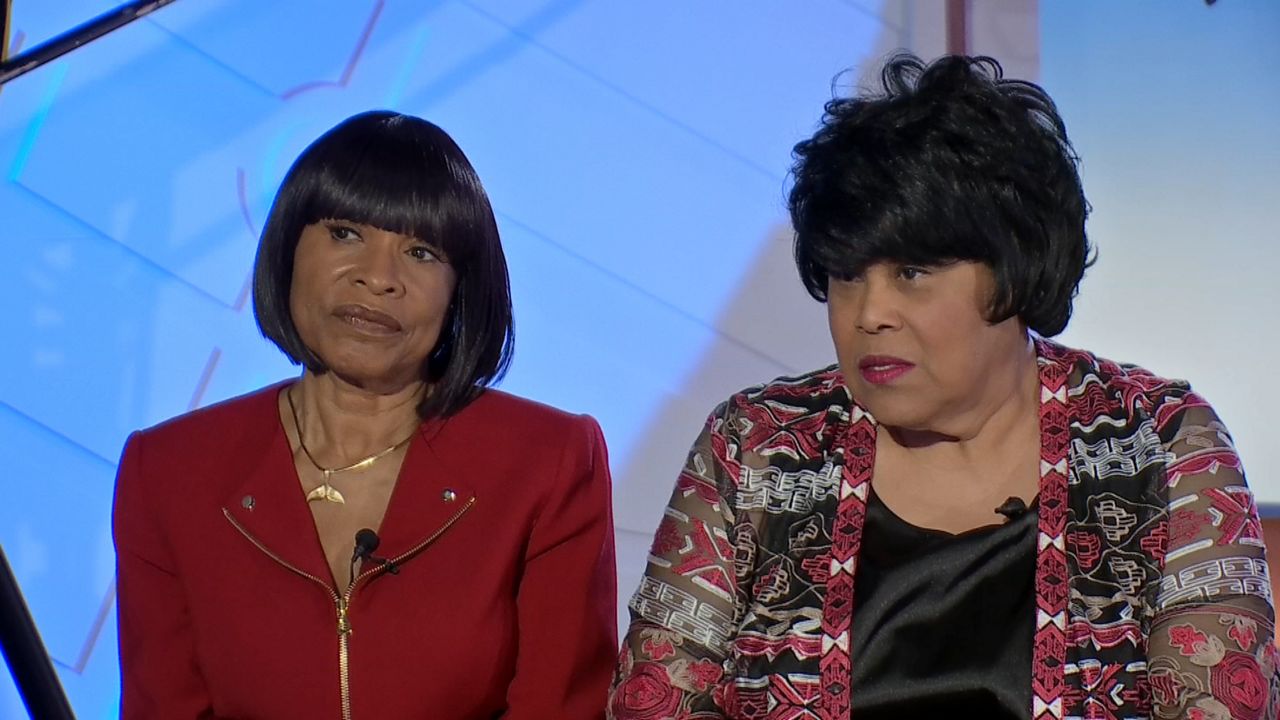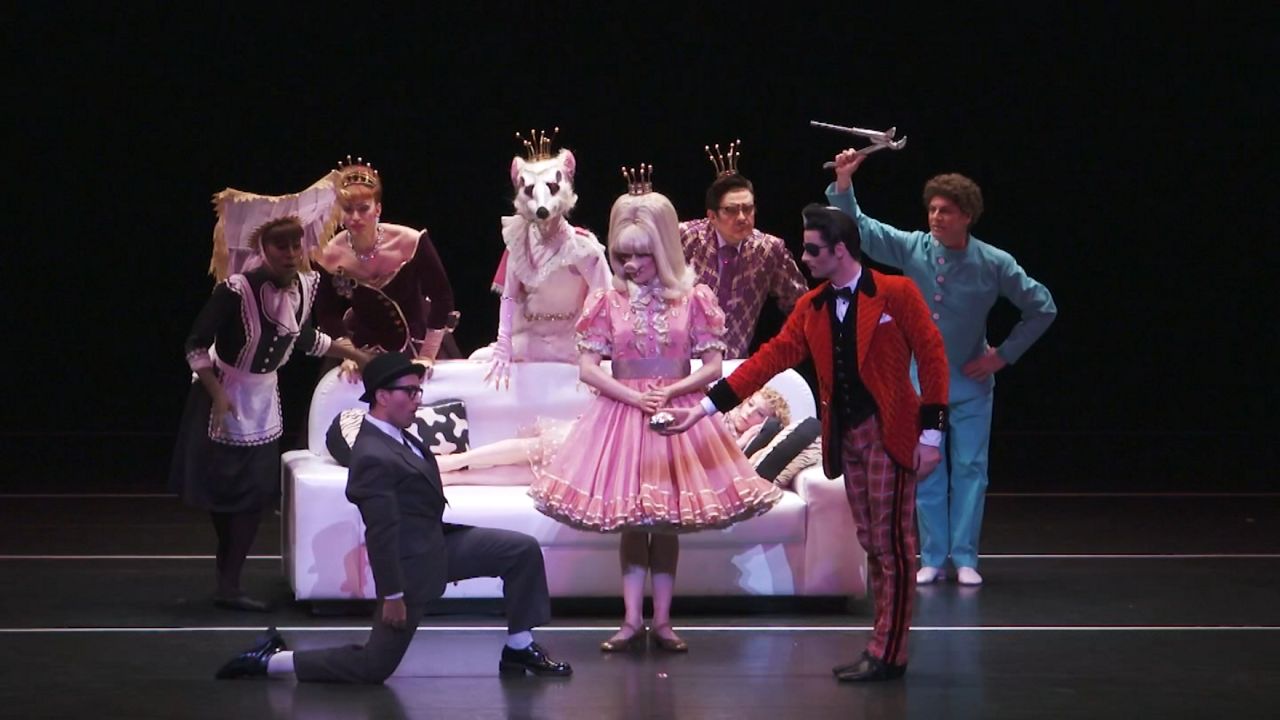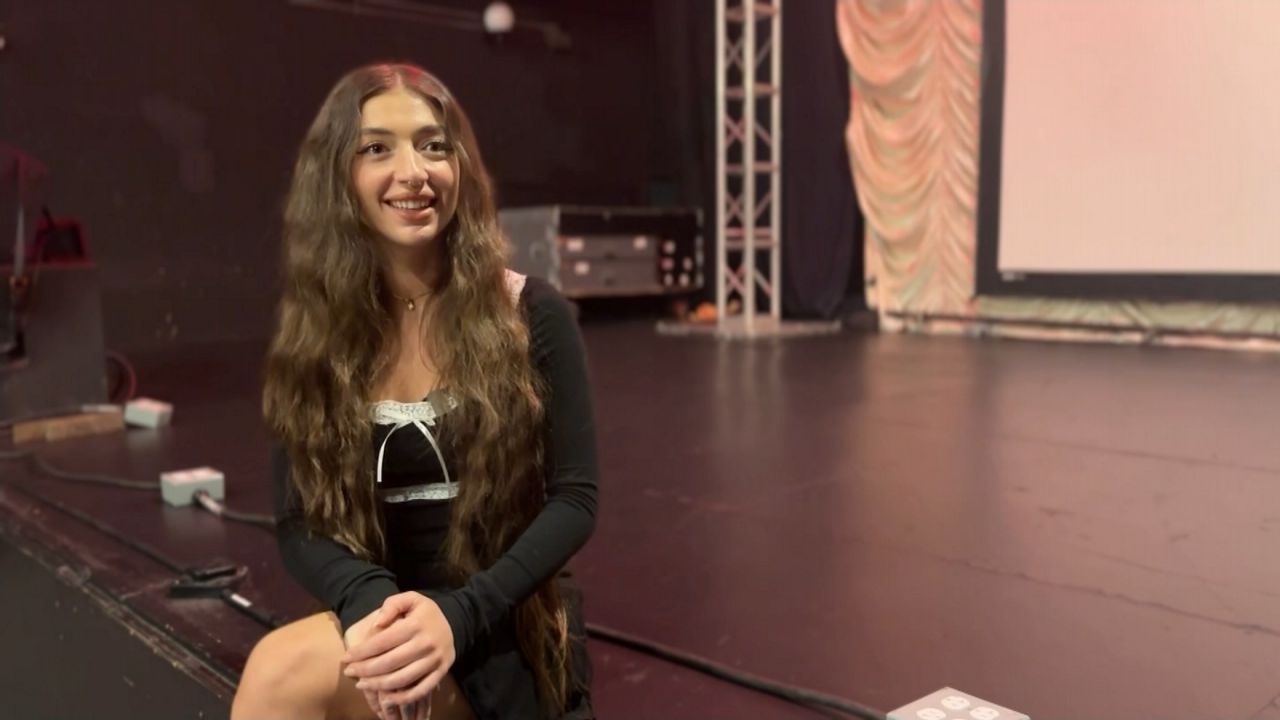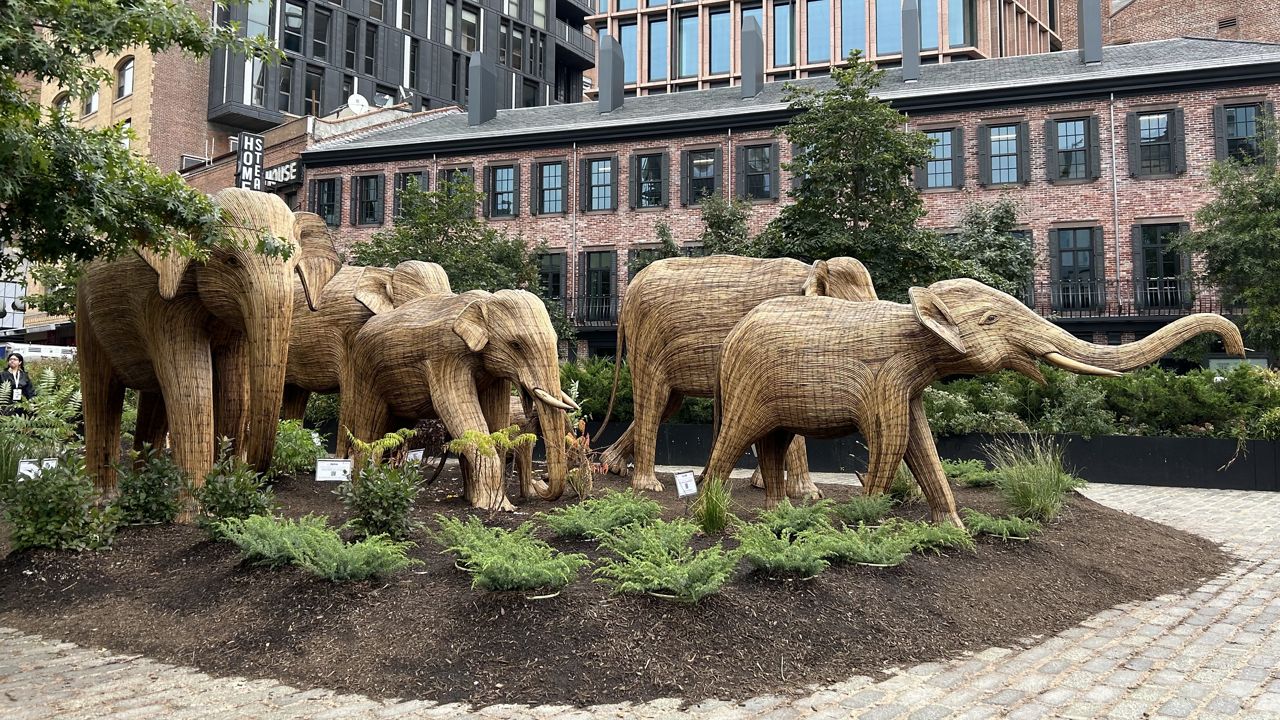Donna Summer was the undisputed "Queen of Disco" during the 1970s as Disco Fever swept across the nation.
Studio 54 in New York City was the "it" club, a place to be seen and dance up a sweat. Disco music ruled the airwaves.
Then, on July 12, 1979, a DJ in Chicago decided to burn records in a stunt, "Disco Demolition Night," at Comiskey Park in Chicago.
A shock jock who despised the music genre encouraged fans to come to the park to blow up disco records.
James Arena is the author of several books about disco. He says that silly little stunt had far-reaching effects.
"It caused a semi-riot," Arena said. "That's when everybody started saying, 'Well, that's the end of disco.'""It caused a semi-riot," Arena said. "That's when everybody started saying, 'Well, that's the end of disco.'"
A disco queen in her own right, Martha Wash sang on the Billboard Dance Chart-topping "Dance Disco Heat." She said the "Disco's Dead" movement was hurtful.
"That whole disco demolition situation, I think, was a stupid thing in the first place, all the way around," Wash said. "Between the radio station, the White Sox organization, that whole thing was totally stupid because, in a way, nobody won."
Norma Jean Wright sang with the iconic band Chic. She says "Disco Demolition Night" hurt people in the music industry.
"After that 'Disco Sucks,' a lot of them lost work immediately.""I think what happened is that the industry — or many people in the industry — were intimidated by disco music because disco … had become mainstream," she said. "After that 'Disco Sucks,' a lot of them lost work immediately."
Forty years after disco allegedly died, Norma Jean Wright and Martha Wash are still touring with new music, and their longtime fans are thrilled they're "staying alive."
"Don't Stop me Now" is really anthemic," Wash said. "of being positive, staying positive, and not letting anyone or anything stop you from what you want to do, or what you want to accomplish, or who you want to be. It's just straight on fight, keep fighting."








_CC_PKG_Hip_Hop_Walk_pkg_130648200_1043)